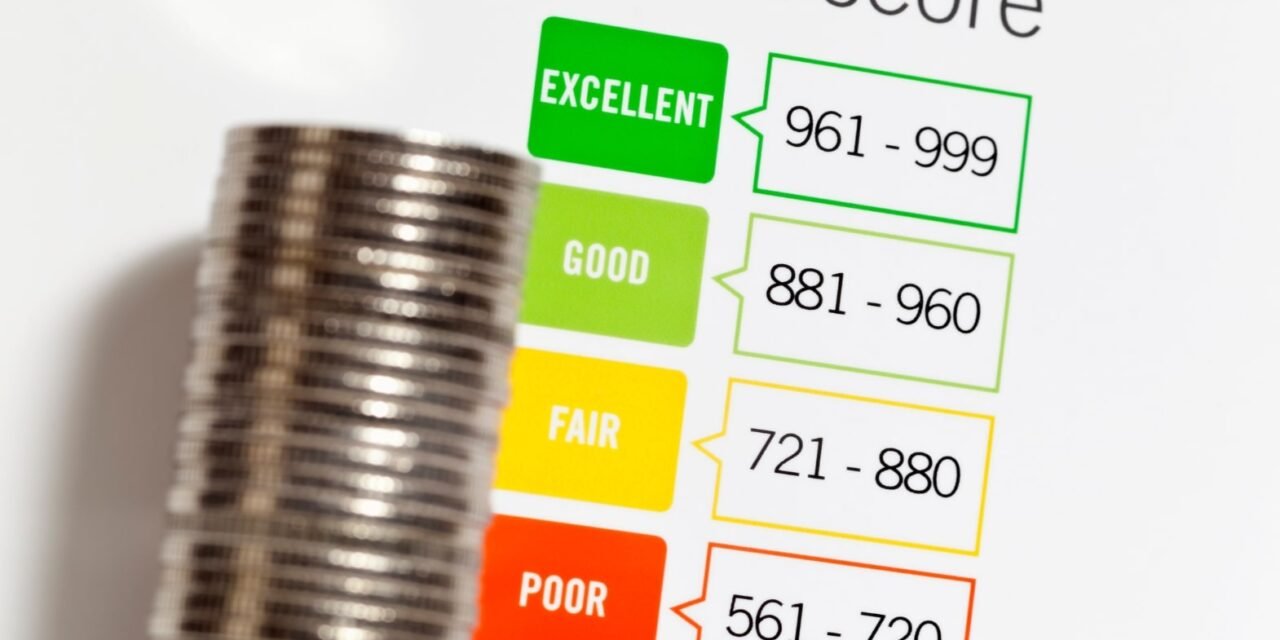Your credit score is a crucial factor in determining your financial well-being. A good credit score can open doors to better interest rates on loans, credit cards, and even rental applications. On the other hand, a poor credit score can make it difficult to get approved for credit and can result in higher interest rates, making it harder to get out of debt.
In this article, we will provide a comprehensive guide on how to improve your credit score. We will cover everything from understanding your credit report to implementing strategies to increase your score.
Understanding Your Credit Report
Your credit report is a record of your credit history. It contains information about your credit accounts, such as credit cards and loans, as well as information about late payments, collections, and bankruptcies.
It’s important to understand that you have three credit reports, one from each of the major credit reporting agencies: Experian, Equifax, and TransUnion. Each report may contain different information, so it’s important to review all three.
You can get a free copy of your credit report once a year from each of the major credit reporting agencies. You can also get a free copy if you’ve been denied credit, insurance, or employment based on information in your credit report.
Checking for Errors
Once you have your credit report, it’s important to check it for errors. Mistakes on your credit report can negatively impact your credit score, so it’s important to get them corrected as soon as possible.
Some common errors on credit reports include:
- Incorrect personal information, such as your name or address
- Accounts that don’t belong to you
- Late payments that were actually on time
- Accounts that have been paid off but are still listed as outstanding
If you find errors on your credit report, you can dispute them with the credit reporting agency. They are required to investigate and correct any errors within 30 days.
Increasing Your Credit Score
Once you’ve reviewed and corrected any errors on your credit report, it’s time to focus on increasing your credit score. Here are some strategies you can implement:
Pay Your Bills on Time
Payment history is the most important factor in determining your credit score. Late payments can have a major negative impact on your score, so it’s important to always pay your bills on time.
Keep Your Credit Utilization Low
Credit utilization is the amount of credit you’re using compared to your credit limit. The lower your credit utilization, the better for your credit score. Aim to keep your credit utilization below 30%.
Don’t Close Old Credit Cards
Closing old credit cards can actually lower your credit score. This is because it can shorten the length of your credit history and increase your credit utilization.
Get a Mix of Credit
Having a mix of different types of credit, such as a mortgage, a car loan, and a credit card, can also help improve your credit score.
Dispute any remaining errors
If you find errors that were not corrected, it is important to dispute them again. The sooner you do it, the better.
Conclusion
Improving your credit score takes time and effort, but it’s worth it in the long run. By understanding your credit report, correcting errors, and implementing strategies to increase your score, you can improve your financial well-being and open doors to better interest rates and credit opportunities.

